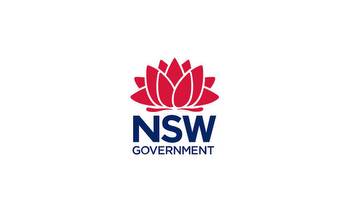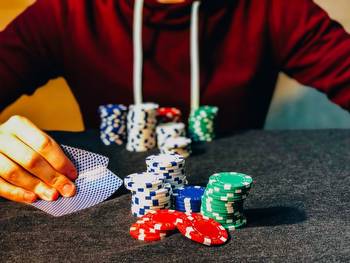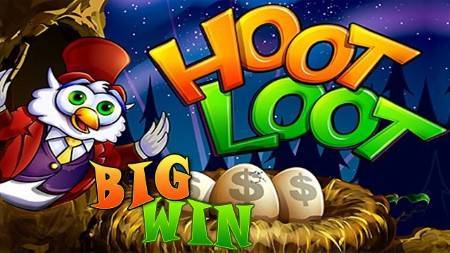North Bay campaign reminds people of gambling risks

With a new casino in North Bay opening Wednesday; and online gambling on the rise, local health unit officials say it’s important to get the word out about possible risks associated with those who like to gamble.
The North Bay Parry Sound District Health Unit and the Community Counselling Centre of Nipissing have collaborated to launch the ‘Think You’ll Win?’ campaign.
It’s designed to help people learn the odds of winning when gambling.
“The main message is that winning big in gambling is less likely than you may think,” said Justine Mallah, a community health promoter with the North Bay Parry Sound Health Unit.
“Essentially we want to educate people about the odds of gambling; because research shows that misconceptions and misperceptions about gambling are common.”
Mallah said the campaign has been in the works for a few years, but with the casino in North Bay set to open, and online gambling becoming more popular throughout the pandemic, it’s important to get the word out there again.
“Folks who win big at the beginning, called ‘beginners luck,’ are at higher risk for problem gambling because they think that’s going to happen again.”
“But, what is important to know is that gambling outlets are programmed to make money, so in the long run you’re more likely to lose than to win,” Mallah said
There’s also help out there for people who are problem gamblers, and experts say it’s important to recognize when it’s time to reach out.
“Often shame is associated with problem gambling and people keep their debts secret, and they don’t even tell their spouse that they have debts in problem gambling,” said Alan McQuarrie, executive director at Community Counselling Centre of Nipissing.
“That results in shame and then people try to win back those debts and win more. So shame is a big issue and sometimes it’s a barrier for people to access services.”
McQuarrie said young males, seniors, indigenous people, and those who have recently experienced loss are most likely to be in the ‘high-risk problem gambling’ population.







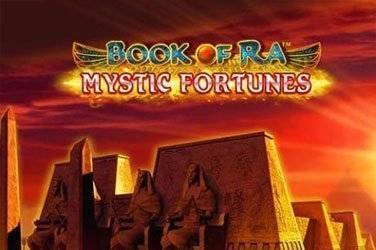




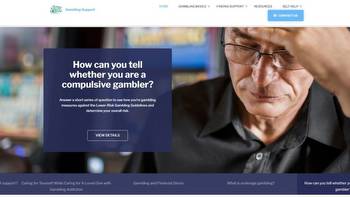
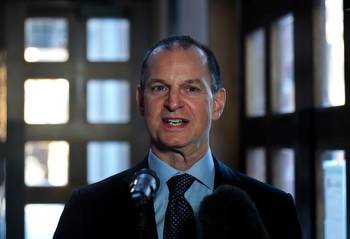
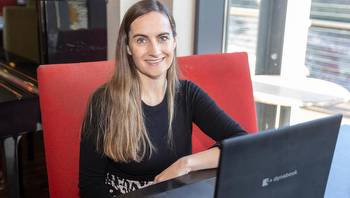
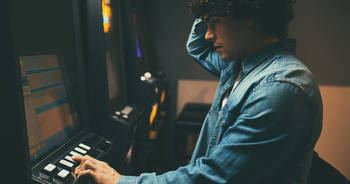
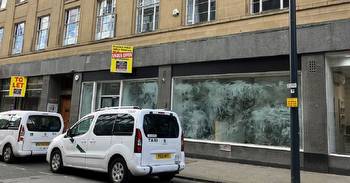
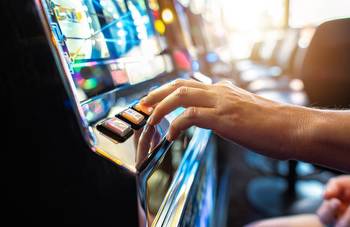

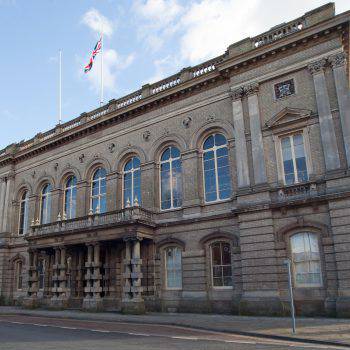

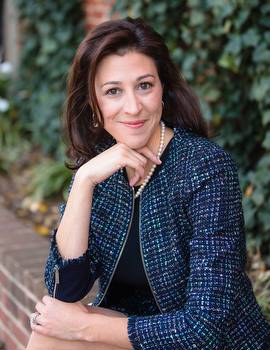


![Keith Whyte on the hidden harm of foreigner-only casino policies [Podcast]](/img/di/keith-whyte-on-the-hidden-harm-of-foreigner-only-casino-policies-podcast-2.jpg)
